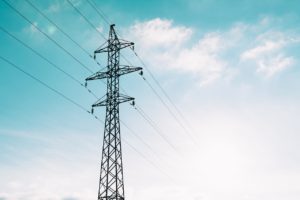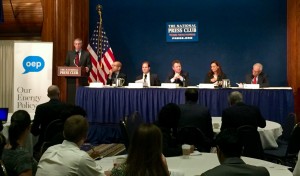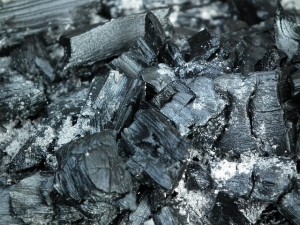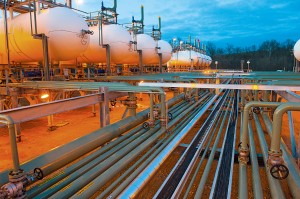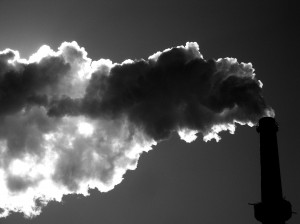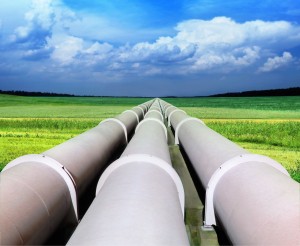28 item(s) were returned.
Executive Director
Energy Choice Coalition
The rapid evolution of the electricity sector in the United States can offer numerous benefits to consumers while also addressing society’s environmental concerns. The rise of independent energy suppliers and the advancement of information technology are transforming the way we generate and manage our electricity use, allowing consumers to access more affordable, diverse, efficient, and cleaner sources of energy. More than a dozen states have restructured their electricity markets to some degree in order to give consumers, large and small, a greater say in the type of energy they use every day to power their homes and offices. Proper policy… [more]
View InsightOn September 16th, 2015, OurEnergyPolicy.org (OEP) hosted a panel event moderated by Mark Drajem of Bloomberg News on the EPA’s ozone rule and the energy sector at the National Press Club in Washington, DC. EPA is expected to announce a new standard for ground-level ozone, a smog-forming pollutant. Most believe they will reduce the existing standard from 75 parts per billion (ppb) to 65 or 70 ppb by 2025. According to EPA, this would prevent 4,200 premature deaths, between 1,400 and 4,300 asthma-related emergency room visits, and between 320,000 and 960,000 annual asthma attacks in children. The very spirited discussion… [more]
View InsightEditor
Bloomberg's First Word Energy
After years of discussion and delay, the Environmental Protection Agency (EPA) is set to finalize ozone standards in the coming weeks. It’s a rule long in the making: EPA’s decision during the Bush administration to set the standard at 75 parts per billion was challenged in court by health and environmental organizations as insufficient. At the beginning of the Obama administration, the EPA said it would reconsider the standard, but that initiative was tossed out by President Obama in the lead up to 2012 election. The move summed up the discord between the president and environmentalists in his first term.… [more]
View InsightChair, Energy & Commerce Subcommittee on Environment & Climate Change, U.S. House of Representatives
Co-Chair, Sustainable Energy & Environment Coalition
Recently, House Republicans passed H.R. 1734, the so called Improving Coal Combustion Residuals Regulation Act of 2015, a direct attack on public health and the environment. This bill undermines important health protections in EPA’s final coal ash rule from last December by delaying implementation of coal ash disposal restrictions, letting utilities avoid publicly posting contamination data and allowing companies to continue dumping coal ash into leaking surface impounds for as many as eight years after contamination is documented. It enables harmful substances to remain in contact with aquifers, wetlands, and in seismic impact zones with serious implications for cleanup requirements,… [more]
View InsightVice President, Research & Policy Analysis and Chief Economist
America's Natural Gas Alliance
The Obama administration recently announced forthcoming standards for methane emissions from new and modified oil and gas production sources, despite saying “voluntary efforts to reduce emissions in a comprehensive and transparent manner hold the potential to realize significant reductions in a quick, flexible, cost-effective way.” The natural gas industry has already dramatically reduced methane emissions even as production and use have soared. New regulations will take too much time and yield too few benefits, compared with a collaborative approach. Because methane is the product we sell there is great motivation to capture as much as possible. Innovations have led to… [more]
View InsightMember
U.S. House of Representatives
Climate change is a threat to our environment and our economy, and we cannot afford the risk of inaction. With our free market economy, the best solution is a simple, transparent tax on carbon that unleashes the power of the market and enables America to lead the way toward a new, clean energy economy. Importantly, a carbon tax produces revenues that can be used to help American businesses and families. But there are many options for how to use these revenues. Critics of carbon taxes frequently cite slower economic growth, increasing taxes on the poor, and hurting coal workers as… [more]
View InsightSenior Tax Counsel
United States Senate Committee on Finance
As part of his efforts to comprehensively reform the tax code, Senate Finance Committee Chairman Max Baucus (D-MT) released a staff discussion draft on December 18, 2013 that proposed a dramatically simpler set of energy tax incentives that are technology-neutral, more predictable, and promote cleaner energy that is made in the United States. Policymakers have included tax breaks for energy in the tax code for nearly one hundred years. These incentives were created with good intentions to create jobs, promote energy security, and help reduce air pollution and environmental damage. But over the years, the number of provisions has ballooned… [more]
View InsightDirector, Stakeholder Relations/External Affairs
Brookhaven National Laboratory
Keystone XL has been called the world’s best known pipeline that has not been built. Controversy over the pipeline itself has largely subsided but this project linking the oil sands of Northern Alberta to the large refineries of the Gulf Coast has become a rallying point for an “off oil” campaign. A presidential permit for import facilities is the sole remaining requirement before construction can begin. KXL would be the 82nd major pipeline in the US, and is the safest and most technologically advanced. It would provide diluted bitumen from Alberta’s oil sands and Bakken crude from Montana and North Dakota to… [more]
View InsightJ.C. Ward Jr. Professor of Nuclear Energy Engineering
Cornell University
The premise of Robert Stone’s newly released documentary, Pandora’s Promise, is that despite the scary features of nuclear radiation, nuclear power is the best chance we have to avoid the catastrophe projected from burning fossil fuels to power the growing world economy. The documentary’s approach is rather unique – former anti-nuclear environmentalists describe how and why they became pro-nuclear, in spite of even the recent major Fukushima Daiichi reactor disaster. It is important to add that Director Robert Stone is not arguing that standard “light water reactors” (LWRs) should be pursued, but rather newer designs, such as inherently safe breeder… [more]
View InsightA bill, recently introduced by Illinois State Representatives John Bradley and David Reis, to regulate hydraulic fracturing in the state is attracting support from both industry and environmental groups. The bill, House Bill 2615, introduced on February 21st, 2013, would impose new requirements on the oil and gas industry, such as: Public disclosure of all fracking chemicals before fracking begins Presumed liability of the oil and gas drillers for any environmental contamination near fracking sites, until proven otherwise Restrictions on venting and flaring of natural gas The bill’s supporters believe that it outlines an effective compromise that could open up… [more]
View Insight